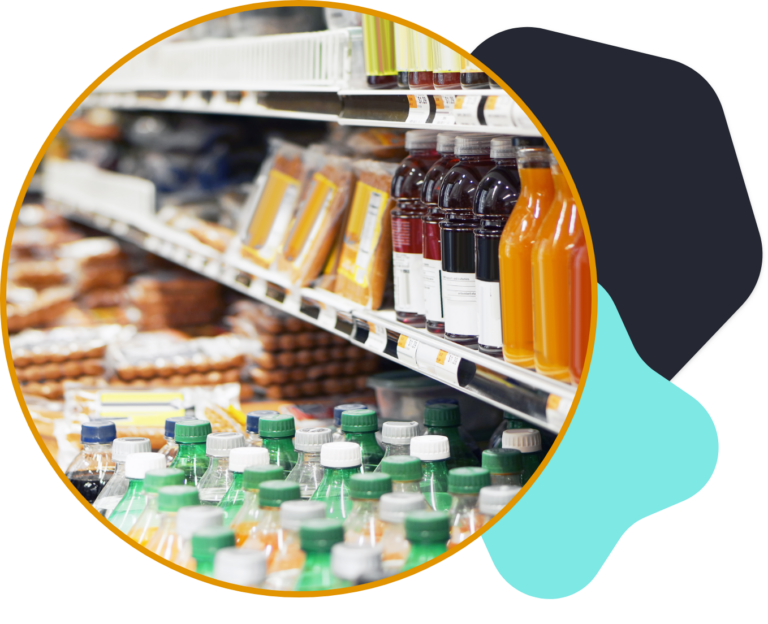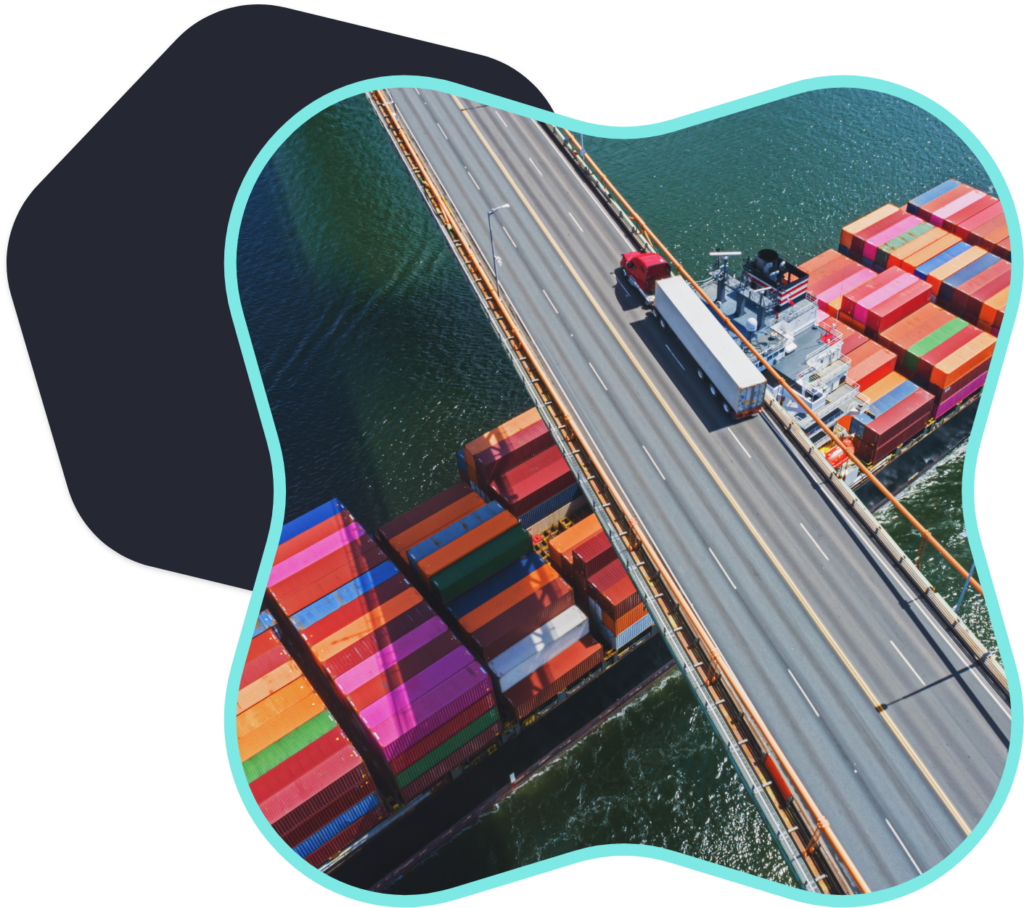
The first online grocery delivery service launched in the late 1990s. The first mealkit service launched in Sweden in 2007, and a handful of the most popular food delivery services in the United States hit the market over a decade ago. GrubHub is approaching its 20th year in service. As early as 2009 the national pizza chains were doing 20-30% of their business online. The use of digital products in the food and beverage industry is nothing new, and it’s only become more vital for companies to embrace digital change.
From production and packaging, business to business distribution, ecommerce, and user experience – businesses in the food and beverage industry need to embrace digital transformation or risk being left behind.
The Importance of Ecommerce
The food and beverage industry saw a drastic increase in online sales during 2020, for obvious reasons, but it’s not just a trend. Last year, the industry increased another 20% from 2021, reaching around $80 billion in ecommerce sales. Food brands that used to focus solely on retail and wholesale are opening up online sales directly to consumers, not just expanding their reach but expanding their entire business.
Many consumers prefer to shop online, meaning businesses in the food and beverage industry need to have a strong online presence. A user-friendly website and online ordering system can encourage customers to order directly from brands rather than third parties such as Amazon. Including a rewards system, or special discounts for online orders can increase customer loyalty and therefore increase sales.
Not only does embracing ecommerce allow businesses to open distribution directly to the consumers, it increases efficiency on the business to business end. Online ordering systems and intranet portals for representatives and wholesalers speed up the entire supply chain, and provide tracking, reordering, and other tools to make everyone’s job easier.
Website Design in the Food and Beverage Industry

While ecommerce tools can improve efficiency, no one will even make it that far without a stellar website. Modern web design is a key element of digital transformation. Food and beverage companies need to ensure their website is updated, accurate, user friendly, accessible, mobile friendly, and visually appealing. It sounds like a lot, but it’s really just the basics.
Businesses can benefit from having their digital content target both wholesalers and direct consumers, therefore expanding their potential sales. Food and Bev websites should be designed with online sales in mind, flawlessly integrating ecommerce and evergreen information.
Modern food and beverage web design needs to include more than just a simple page listing every product you have. They need to be visually engaging, informative, and useful. Combine online sales, with some company history and storytelling, and product news and you’ll be almost all set.
The one final key for website design? Digital branding. Having cohesive branding across your website, social media, packaging, and print materials helps to tie your whole business together. Cohesive branding means that no matter where customers are coming into contact with your brand, they’ll recognize it. And ideally they’ll buy it.
Keeping Track of The Supply Chain

We’ve all heard the phrase “supply chain,” more in the last couple years than most of us have in the rest of our lives combined. Digital technology can help navigate food and beverage supply chain disruptions with minimal loss. Digital tools including blockchain technology can help improve supply chain transparency and reduce the risk of fraud or counterfeiting. The integration of product tracking, sensors, and notification systems improve efficiency and decrease the risk of loss on both ends of the supply chain.
Analytics and Data
Finally, digital transformation can also help businesses in the food and beverage industry improve the customer experience. Data analytics can help businesses understand customer preferences and behavior. Understanding your customers means you can personalize marketing messages and create more targeted campaigns, all to increase customer loyalty and drive sales.
The Importance of Digital Transformation
In this challenging environment, digital transformation is more important than ever for food and beverage businesses. Whether it’s improving ecommerce capabilities, streamlining supply chain management, or enhancing the customer experience, digital transformation is key to success in today’s food and beverage industry.


